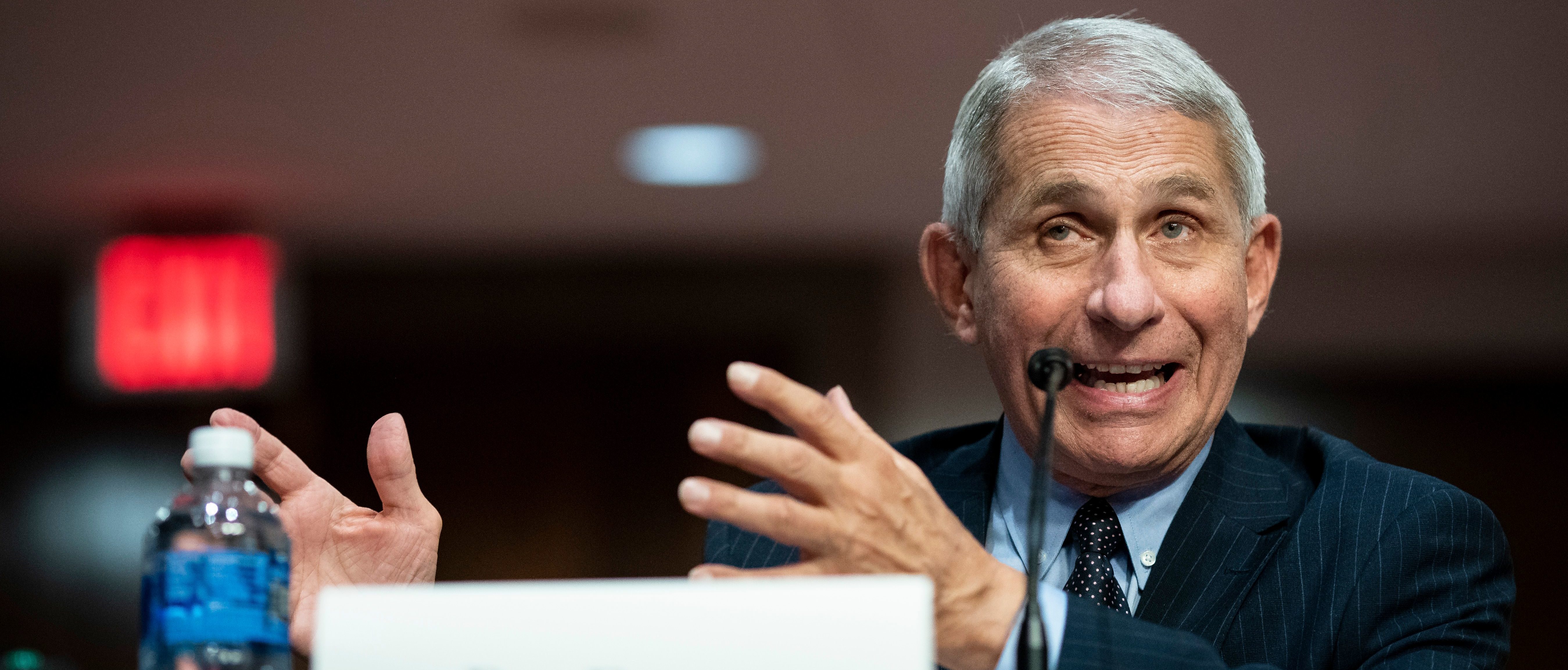The truth behind whether recovering from coronavirus grants immunity to future infections has been in near-constant flux since the virus was first allowed out of China, but as vaccine research progresses, doctors are getting closer to a final answer.
The first bombshells came in the form of worrying reports out of Japan and Korea that a number of COVID-19 patients had contracted the virus again less than a month after being cleared to leave their hospitals. A study released in May downplayed reinfection stories, however, finding that while patients were testing positive post-recovery, they were merely shedding dead virus, were not infectious, and had not been reinfected, according to Science News.
But while the study’s findings proved people were not being reinfected in the weeks after leaving hospitals, it did not determine whether those people were immune or how long that immunity lasted. A study published this week found that the antibodies produced to fight off the coronavirus may disappear from the patient in only just over three months. (RELATED: Phoenix-Area Hospitals Run Out Of Morgue Beds As Coronavirus Deaths Surge)
“One thing we know about these coronaviruses is that people can get reinfected fairly often,” Prof. Stuart Neil, a co-author on the study, told The Guardian. “What that must mean is that the protective immunity people generate doesn’t last very long. It looks like Sars-Cov-2, the virus that causes Covid-19, might be falling into that pattern as well.”

Anthony Fauci, director of the National Institute of Allergy and Infectious Diseases, speaks during a Senate Health, Education, Labor and Pensions Committee hearing in Washington, DC, on June 30, 2020. (Photo: Al Drago/AFP via Getty Images)
“People are producing a reasonable antibody response to the virus, but it’s waning over a short period of time and depending on how high your peak is, that determines how long the antibodies are staying around,” Dr. Katie Doores, lead author on the study, told The Guardian.
If accurate, countries such as Sweden that are pursuing a strategy of herd immunity may be in desperate need of reevaluation, as the immunity granted from infection might not last long enough to end the virus’ spread.
In the U.S., the Centers for Disease Control and Prevention (CDC) says it is too early to tell whether COVID patients can count on getting immunity.
“The immune response, including duration of immunity, to SARS-CoV-2 infection is not yet understood,” the CDC says on its website. “Patients infected with other betacoronaviruses (MERS-CoV, HCoV-OC43), the genus to which SARS-CoV-2 belongs, are unlikely to be re-infected shortly (e.g., 3 months or more) after they recover. However, more information is needed to know whether similar immune protection will be observed for patients with COVID-19.”


